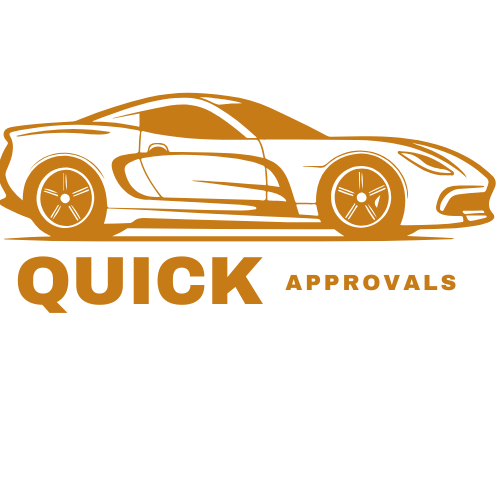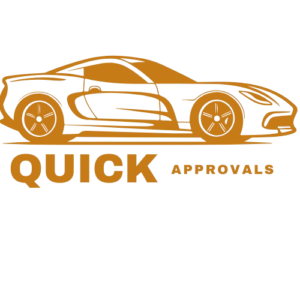Securing a car loan is a significant step for many Canadians, and understanding the Average Down Payment For A Car Loan In Canada is crucial for making informed financial decisions. The down payment, the upfront cash paid toward a vehicle’s purchase price, directly affects your loan amount, monthly payments, and overall financing costs.
In Canada, where vehicle prices and lending practices vary, knowing what to expect can help you budget effectively and avoid costly pitfalls. This comprehensive guide explores the factors influencing down payments, typical amounts, and strategies to optimize your car financing. For personalized loan options, visit Quick Approvals, and refer to authoritative resources like government and bank websites for additional insights.
What Factors Determine the Typical Down Payment for Auto Loan Canada?
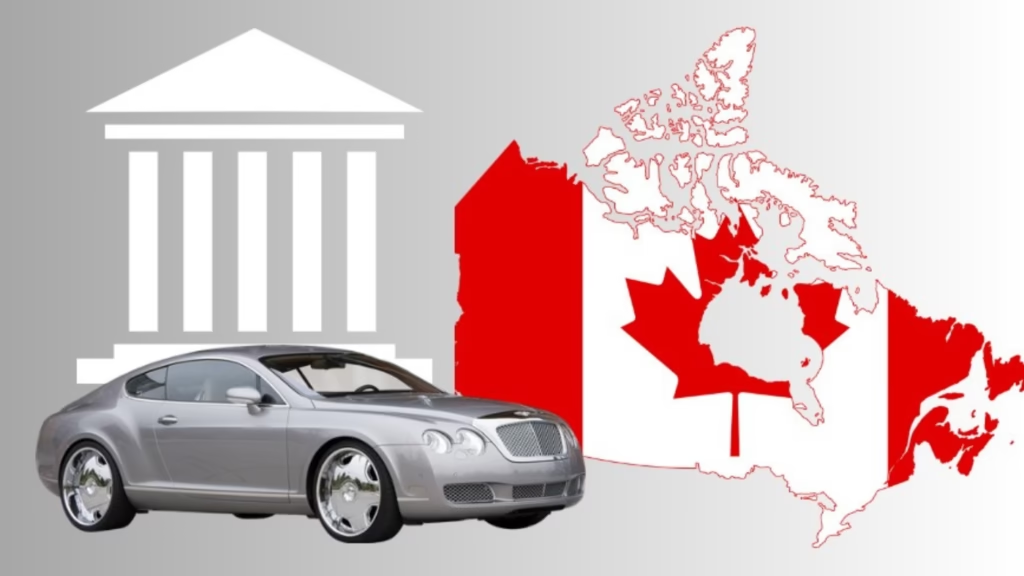
Average Down Payment For A Car Loan In Canada, The typical down payment for auto loan Canada varies based on several key factors that lenders and buyers must consider. Understanding these can help you prepare for negotiations and secure favorable terms.
- Vehicle Cost: The price of the car is a primary driver. A $40,000 new SUV typically requires a higher down payment than a $15,000 used sedan.
- Lender Policies: Banks, credit unions, and dealerships set minimum down payment requirements, often ranging from 0% to 20%, depending on their risk assessment.
- Credit Profile: A higher credit score can reduce the required down payment, while lower scores may necessitate 20% or more to offset lender risk.
- Loan Duration: Longer terms (e.g., 72 or 84 months) may require larger down payments to minimize the lender’s exposure over time.
- Economic Conditions: In 2025, rising interest rates in Canada have prompted some lenders to encourage higher down payments to lower monthly payment burdens.
typical down payment for auto loan Canada, For detailed guidance on vehicle financing, the Government of Canada’s Financial Consumer Agency offers valuable resources to understand lender expectations.
Exploring the Average Down Payment for Car Loan in Canada in 2025
In Canada, the Average Down Payment For A Car Loan In Canada typically falls between 10% and 20% of the vehicle’s purchase price. For a $35,000 vehicle—the average price of a new car in Canada in 2025—this translates to $3,500–$7,000. However, this range varies based on several considerations:
- New vs. Used Cars: New cars often require 15–20% due to higher prices, while used cars may need only 5–10%.
- Creditworthiness: Borrowers with excellent credit (700+) may qualify for lower down payments, sometimes as little as 5%.
- Promotional Offers: Some dealerships offer **_is zero down payment possible for car loan Canada_** deals, though these often come with higher interest rates.
Insights from competitor websites like Ratehub and Carfax Canada (used for information, not linked) indicate that economic pressures in 2025, such as inflation and rising interest rates, have led some lenders to tighten down payment requirements, particularly for subprime borrowers. To explore tailored financing options, check out Quick Approvals.
How to Calculate Average Down Payment Car Canada
calculate average down payment car Canada, Calculating the average down payment car Canada is straightforward with the right information. The formula is:
Down Payment = Vehicle Price × Down Payment Percentage
Here’s how it applies to different scenarios: calculate average down payment car Canada
| Vehicle Price | Down Payment % | Down Payment Amount |
|---|---|---|
| $20,000 | 10% | $2,000 |
| $35,000 | 15% | $5,250 |
| $50,000 | 20% | $10,000 |
This table shows how down payment amounts scale with vehicle price and percentage. For precise calculations, use tools like the BMO Auto Loan Calculator to factor in interest rates and loan terms.
Strategies for Choosing the Best Down Payment Amount for Car in Canada
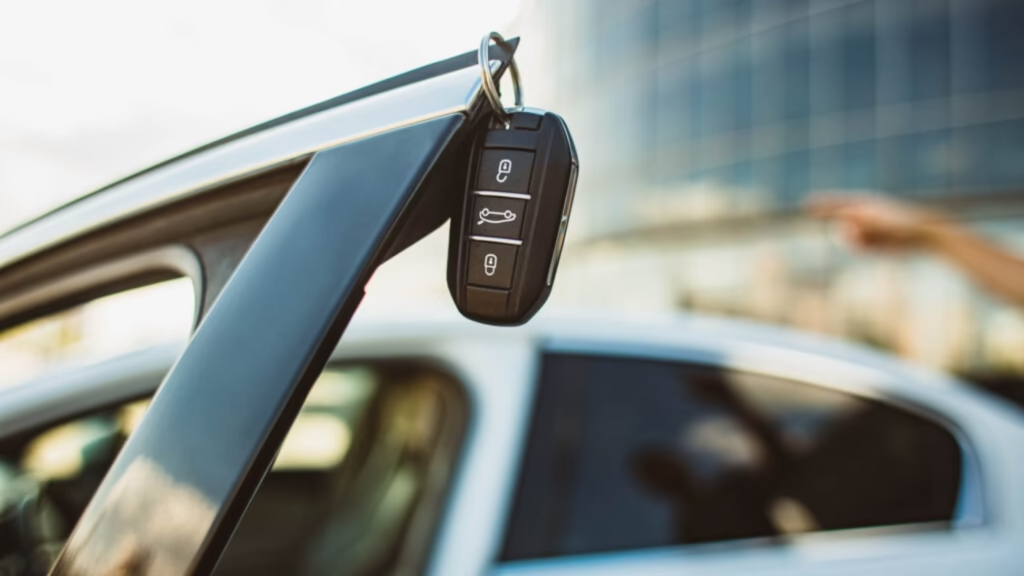
Selecting the Best Down Payment Amount for Car in Canada involves balancing affordability with long-term savings. Here are practical strategies to guide your decision:
- Maximize Upfront Payment: Paying 20% or more reduces the loan principal, lowering interest costs over the loan’s life.
- Preserve Emergency Funds: Avoid draining your savings to maintain financial security for unexpected expenses.
- Leverage Trade-Ins: Trading in an old vehicle can significantly reduce the cash needed for a down payment.
- Shop for Incentives: Dealerships often offer seasonal promotions (e.g., spring or fall sales) with reduced down payment requirements.
- Negotiate Terms: Strong credit can give you leverage to negotiate lower down payment percentages with lenders.
Best Down Payment Amount for Car in Canada, By applying these strategies, you can optimize your financing without overextending your budget. Platforms like Quick Approvals can connect you with lenders offering competitive terms.
What is the Down Payment Percentage for Car Loans Canada?
The down payment percentage for car loans Canada typically ranges from 10% to 20%, though this varies by lender and vehicle type. For example, luxury vehicles or loans for buyers with lower credit scores may require up to 25%. Conversely, promotional deals or strong credit profiles can lower the percentage to 5% or less. Data from sources like AutoTrader Canada (used for information, not linked) suggests that in 2025, lenders are increasingly favoring higher percentages to mitigate risks amid economic uncertainty.
For instance, a $30,000 vehicle with a 15% down payment requires $4,500 upfront. Understanding these percentages helps you plan effectively and avoid unexpected costs.
How to Determine Down Payment for Car Loan Canada
Figuring out **_how to determine down payment for car loan Canada_** involves a structured approach to align with your financial goals and lender requirements. Follow these steps:
- Evaluate Your Finances: Assess your income, expenses, and savings to determine what you can afford without compromising other priorities.
- Research Lender Policies: Contact banks, credit unions, or dealerships to understand their minimum down payment requirements.
- Consider Vehicle Type: New cars often require higher down payments than used ones due to their higher cost.
- Account for Additional Costs: Factor in taxes, insurance, and registration fees, which may affect your cash flow for the down payment.
- Use Online Tools: Calculators from banks or financing platforms can help estimate the ideal down payment based on loan terms.
By following these steps, you can confidently determine an appropriate down payment for your situation.
Understanding the Minimum Down Payment Required for Car Loan Canada
The **_minimum down payment required for car loan Canada_** depends on the lender, vehicle, and borrower’s credit profile. Most banks and credit unions require at least 10% for new cars and 5–10% for used cars. For subprime borrowers (credit scores below 600), lenders may demand 20% or more to reduce risk. Zero-down loans, while available, often carry higher interest rates, increasing the total cost of the loan.
For example, a $25,000 new car with a 10% minimum down payment requires $2,500, while a $15,000 used car might need only $750–$1,500. Always review loan terms carefully to ensure affordability.
What Down Payment Do I Need for Car Canada Based on My Situation?
The question of **_what down payment do I need for car Canada_** varies by individual circumstances. Here’s how different scenarios impact down payment requirements:
- First-Time Buyers: Often face 15–20% down payments due to limited credit history, though strong income can help negotiate lower amounts.
- Used Car Purchases: Typically require 5–10%, especially for vehicles under $20,000, making them more accessible.
- High Credit Scores: Scores above 700 may qualify for down payments as low as 5%, or even zero-down offers in some cases.
- Luxury Vehicles: Higher price tags often mean 20–25% down payments to keep monthly payments manageable.
For personalized advice, platforms like Quick Approvals can help match you with lenders suited to your needs.
What is the Minimum Down Payment Used Car Canada?

The **_what is minimum down payment used car Canada_** is generally lower than for new vehicles, typically ranging from 5% to 10%. For a $15,000 used car, this equates to $750–$1,500. Certified pre-owned vehicles may have slightly higher requirements (e.g., 10–15%), but they often come with warranties that justify the cost. Some lenders offer flexibility, especially if you trade in an existing vehicle or have strong credit.
Data from sources like Canada Drives (used for information, not linked) highlights that used car loans are popular in Canada due to their lower upfront costs, making them ideal for budget-conscious buyers.
Is Zero Down Payment Possible for Car Loan Canada?
While **_is zero down payment possible for car loan Canada_** is a common question, the answer depends on the lender and your financial profile. Zero-down loans exist, particularly for buyers with excellent credit or during dealership promotions. However, these loans often come with drawbacks:
- Higher Interest Rates: Lenders compensate for the lack of down payment by charging higher rates, increasing the loan’s total cost.
- Longer Terms: Zero-down loans may extend to 72 or 84 months, leading to more interest paid over time.
- Depreciation Risk: Without a down payment, you may owe more than the car’s value early in the loan term, especially for new cars.
Buyers should weigh these factors carefully and consider whether a small down payment might be more cost-effective in the long run.
Q&A: Addressing Key Questions About the Average Down Payment for a Car Loan in Canada
1. What is the Average Down Payment For A Car Loan In Canada?
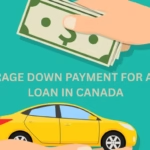
The Average Down Payment For A Car Loan In Canada ranges from 10% to 20% of the vehicle’s price, or $3,500–$7,000 for a $35,000 car. This varies based on whether the car is new or used, your credit score, and lender policies. For authoritative guidance, visit the Government of Canada’s Financial Consumer Agency.
2. How much down payment for car financing Canada is ideal?
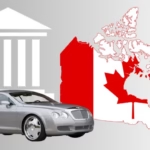
An ideal **_how much down payment for car financing Canada_** is 15–20% to minimize interest costs while maintaining affordability. For a $25,000 car, aim for $3,750–$5,000. Always balance this with your savings and emergency funds to avoid financial strain.
3. Is zero down payment possible for car loan Canada?
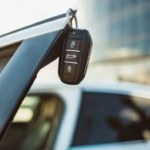
Yes, **_is zero down payment possible for car loan Canada_** deals are available, particularly for buyers with strong credit or during promotional periods. However, these loans often have higher interest rates and longer terms, which can increase costs significantly. Carefully review terms before committing.
4. What is minimum down payment used car Canada?
The **_what is minimum down payment used car Canada_** typically ranges from 5% to 10%, or $750–$1,500 for a $15,000 vehicle. Some lenders may lower this for certified pre-owned cars or if you have a trade-in, offering flexibility for budget-conscious buyers.
5. How do I calculate average down payment car Canada?
To calculate average down payment car Canada, multiply the vehicle’s price by the lender’s required percentage (e.g., $30,000 × 15% = $4,500). Use online calculators from banks or platforms like Quick Approvals for accurate estimates tailored to your loan terms.
Conclusion
Navigating the Average Down Payment For A Car Loan In Canada is a pivotal step in securing affordable and sustainable vehicle financing. By targeting a down payment of 10–20%, Canadian buyers can reduce their loan burden and secure better interest rates. Factors like credit score, vehicle type, and economic conditions play a significant role, so thorough research is essential. Explore trusted resources like government and bank websites for additional insights, and consider Quick Approvals to find lenders offering competitive terms. Make informed decisions today to drive away with confidence.
